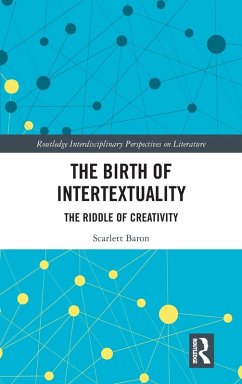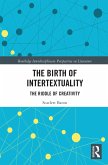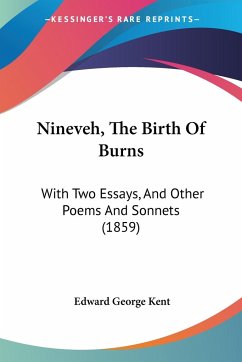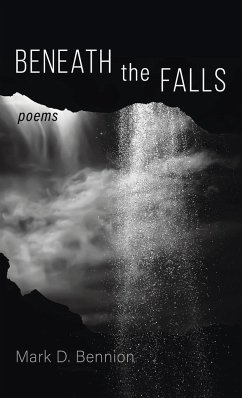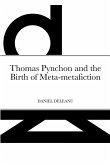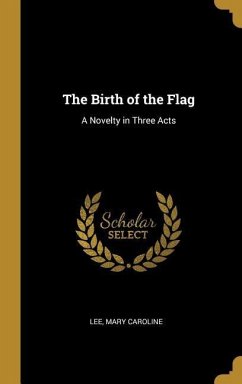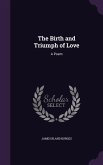Why was the term 'intertextuality' coined? Why did its first theorists feel the need to replace or complement those terms - of quotation, allusion, echo, reference, influence, imitation, parody, pastiche, among others - which had previously seemed adequate and sufficient to the description of literary relations? Why, especially in view of the fact that it is still met with resistance, did the new concept achieve such popularity so fast? Why has it retained its currency in spite of its inherent paradoxes? Since 1966, when Kristeva defined every text as a 'mosaic of quotations', 'intertextuality' has become an all-pervasive catchword in literature and other humanities departments; yet the notion, as commonly used, remains nebulous to the point of meaninglessness. This book seeks to shed light on this thought-provoking but treacherously polyvalent concept by tracing the theory's core ideas and emblematic images to paradigm shifts in the fields of science, philosophy, psychoanalysis, and linguistics, focusing on the shaping roles of Darwin, Nietzsche, Freud, Saussure, and Bakhtin. In so doing, it elucidates the meaning of one of the most frequently used terms in contemporary criticism, thereby providing a much-needed foundation for clearer discussions of literary relations across the discipline and beyond.
Hinweis: Dieser Artikel kann nur an eine deutsche Lieferadresse ausgeliefert werden.
Hinweis: Dieser Artikel kann nur an eine deutsche Lieferadresse ausgeliefert werden.

